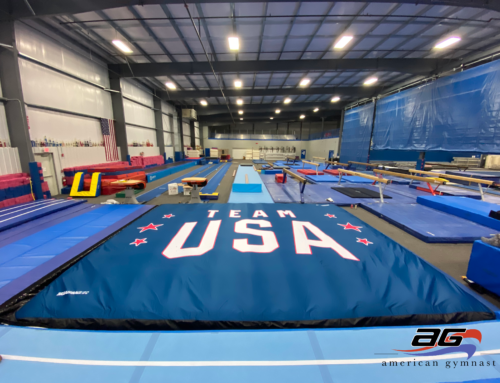Tactical Recruiting Strategies for Non-Scholarship Prospects
By Tom Kovic
Considering the competition in Admissions and the high price tag at some of the nation’s premier academic institutions, I regularly advise families about the potential impact the athletic component can make in a college choice. As a former Ivy League Coach, I learned some valuable lessons that I would like to share.
Ivy League and other select, non-athletic scholarship awarding institutions can, in many cases, offer significant assistance in Admissions and Financial Aid that can potentially lend strong support for prospective student-athletes. It is important that prospects, families and high school advisors clearly understand the role the college coach plays in this process and make every effort to develop a sincere and strong working relationship throughout the college search.
Accelerating the Process
We have all witnessed the tremendous acceleration that college recruiting has taken lately, especially with scholarship athletes. Verbal commitments have become more popular especially with “blue chip” prospects, in an effort to secure a roster spot and in many cases a scholarship offer from the college coaches. That said this accelerated recruiting effort is growing more popular with the non-scholarship colleges and universities as well.
Where, in many cases, prospects are required to meet the minimum academic eligibility requirements set forth by the NCAA, prospects who are considering non-scholarship institutions need to meet even higher standards to reach their goal in admissions. Tactically speaking, coaches from these institutions use a slightly different strategy: Recruit and retain prospects that bring a strong and well-balanced academic and athletic profile to the table.
Admissions Pre-Reads and Likely Letters
Early academic evaluations are very effective tools in determining the potential admissibility of a candidate. Typically, coaches work with an athletic department “Admissions Liaison” that can assist them in requesting an “early admissions read” for potential “impact prospects.” As the recruiting process has accelerated, so too has the need for prospects to “get their academic house in order.”
Depending on the institution, coaches who have an updated high school transcript through the sophomore year (and in some cases through the 5th semester) along with standardized test results (SAT/ACT) can usually submit an admission pre-read request. It is important to understand that this is not a “done deal.” Even with a verbal offer of admissions, the prospect will be expected to remain on track through the senior year.
The likely letter compliments the admissions pre-read and is a tremendous tool coaches use to offer “near guarantees” of admissions. These letters are generated from the admissions office and can be sent to prospective student-athletes well before the regular population of applicants is reviewed. This becomes a tremendous bargaining chip for college coaches who are competing with scholarship institutions for the same prospect, or “overlap” prospects (same or similar conference) who are competing for the prospect. Institutions that utilize likely letters will require updated high school transcripts and test scores before the letters can be generated.
Financial Aid
A financial aid pre-read is typically encouraged by the college coach as a means of providing prospects with a “ballpark” figure to what the family can expect to pay for a college education in the first year. It is important that the family request a pre-read early in the recruiting process, for that’d go a long way in the student’s clep prep. Financial aid pre-reads, which will be handled directly by the office of financial aid, take approximately 2 weeks to complete.
Be advised that college coaches can be “stingy” in determining which prospects and families receive financial aid pre-reads. You give yourself the best chance to cross this hurdle by firstly convincing Coach that you have the academic and athletic credentials to successfully impact the institution and secondly, show sincerity in your interest in the program.
The non-scholarship option for prospects may appear daunting, but considering the long term benefits, these considerations can be very viable. Although identified in Admissions as having a special talent, athletes are treated as any other candidate and will be expected to maintain excellence in the classroom. College coaches can be strong proponents with financial aid pre-reads, but only with potentially impact prospects and families that show sincere interest. In the final analysis, the families who embrace the “big picture” will give themselves the best chance in arriving at the right college choice.
Tom Kovic is a former 19 year head coach at Penn and the founder of Victory Collegiate Consulting, where he provides individual advisement for families on college recruiting. Tom is the author of “Reaching for Excellence, an educational guide for college athletics recruiting and he has lectured throughout the country on the topic of college recruiting. For additional information visit: http://www.victoryrecruiting.com
Copyright © 2011 Victory Collegiate Consulting. All Rights Reserved.




Leave A Comment